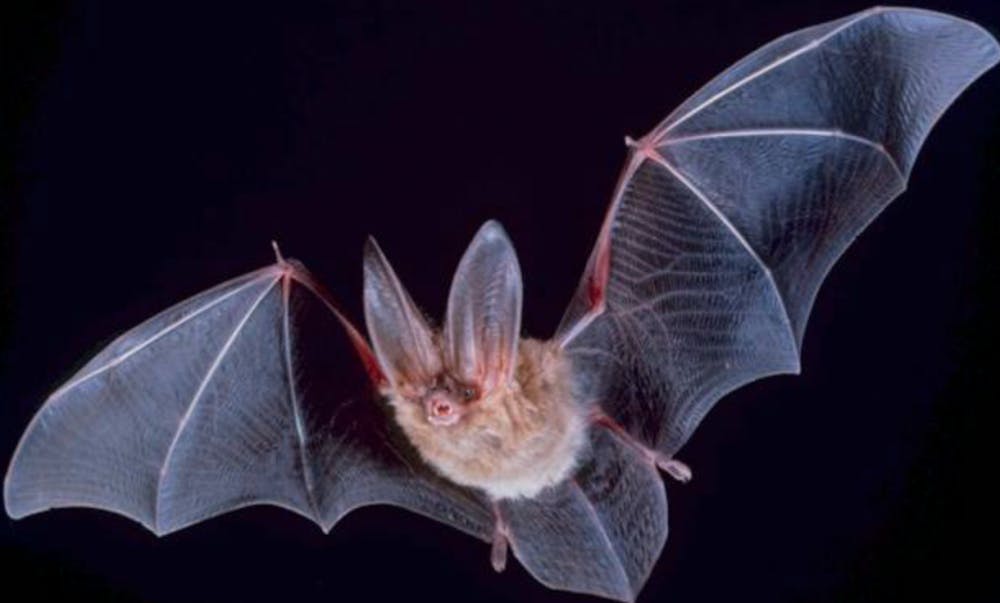Bats can carry deadly diseases like Ebola without being infected by them, and scientists want to know how.
A group at the Duke-National University of Singapore Medical School is utilizing a colony of bats—nicknamed the "Bat Pack"—for their immunological research. Led by Linfa Wang, professor and director of the Emerging Infectious Diseases Programme at Duke-NUS, the group conducts research on the evolution and immunology of bats.
"For the past decade or so, bats are increasingly being recognized as one of the most important, if not the most important, natural reservoir hosts for different emerging zoonotic pathogens," research fellow Justin Ng said, referring to a host of viruses.
The lab's interest in bats can be traced back to its 2013 paper published in "Science," which allowed Wang to secure a multi-million dollar grant through the Singapore National Research Foundation Competitive Research Programme to pursue his research. The paper connected a bat's ability to fly with its immune capabilities.
Bats are able to maintain high-powered flight, but this exerts metabolic and oxidative stress on their bodies that can be damaging to DNA. Despite this, bats display impressive longevity and low rates of cancer.
In a blog post, Bat Pack members noted that the evolutionary path of flight that favored mechanisms responsible for gene repair and tumor suppression may have also given bats the ability to carry deadly viruses—such as Ebola and Nipah—without succumbing to symptoms.
Before tackling how exactly bats are immune to these diseases, the Bat Pack was tasked with creating a habitat that could support nectar-feeding bats, a type of bat that had never before been artificially supported, Ng said. With the help of experts in zoology and bat-rearing, the group started a test colony of five bats to perfect their containment designs and diet formulas.
The colony has now expanded to 20 bats which have fully acclimated to the habitat, and the group plans to expand their colony to 60 bats by the middle of this year.
Since the bats were captured from the wild, the researchers faced potentially confounding variables because they do not know the exact age or disease history of each bat. Still, Ng said the group is hopeful to piece together the various nuances of bat immune systems that can answer the question of how bats evade illness when infected with these deadly viruses.
Because bats are mammals and evidence exists that the genes contributing to their immunological abilities are similar to human genes, the researchers said they believe that their findings may translate to improvements in the field of human health and immunology.
Ng added that bats possess a unique combination of characteristics that are unlike typical model organisms such as rats or fruit flies.
"[Bats' characteristics] make them make them an ideal model for infectious disease, inflammation, cancer biology and anti-aging studies," he said.
Get The Chronicle straight to your inbox
Signup for our weekly newsletter. Cancel at any time.

